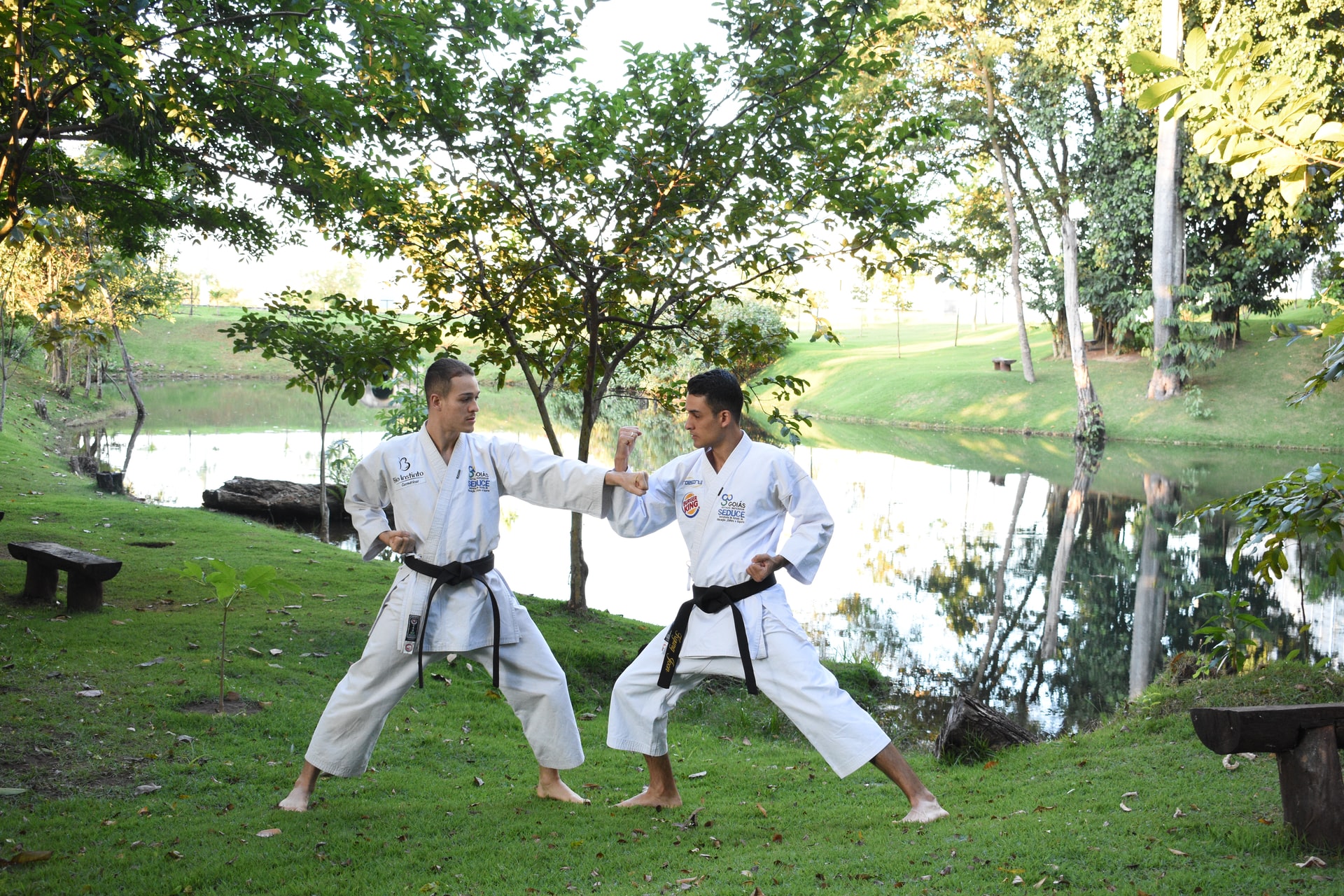
Combative techniques require a decent degree of actual strength, yet the individuals who take up preparing need to build up a mind blowing measure of mental sharpness, as well.
Mental strength is so imperative to combative techniques that specialists have discovered karate specialists’ more grounded punching power might be down to a superior control of muscle development in the mind, instead of expanded solid strength. Different examinations have additionally discovered that youngsters who practice Taekwondo improved in maths test scores, and conduct.
Which prompts a fascinating inquiry – does participating in hand to hand fighting reason the cerebrum to grow better control, or do individuals with these mind qualities decide to do combative techniques? It is something that our group has been investigating, with intriguing outcomes.
Military consideration
We’ve been explicitly estimating thoughtfulness regarding evaluate mental control, as past research has proposed that care and exercise can both effectsly affect consideration. You could contend that combative techniques are a blend of both – dynamic games that include parts of reflection and care.
In our as of late distributed examination, we enlisted 21 novice grown-ups who practice hand to hand fighting (karate, judo and taekwondo, among others) and 27 grown-ups with no involvement with the games, to partake in a consideration network test. This test evaluates three unique kinds of consideration: alarming (keeping a feeling of readiness), arranging (the moving of consideration), and leader (engaged with picking the right reaction when there’s clashing data).
We were especially keen on the alarm organization, which can uncover how cautious an individual is. On the off chance that an individual has a high alarm score on this test, it would propose that they are better ready to react to unusually planned focuses than those with a low score.
While there are contrasts across every military workmanship as far as their center methods of reasoning, regardless of whether they’re all the more a “battling” military craftsmanship or more “thoughtful”, and their power, we didn’t separate about the sort our members participated in. Future examination could look at the changed kinds, yet for this investigation we were more intrigued by broad military specialists’ consideration contrasted with non-military craftsmen’.
Competing tests
We welcomed the members to our lab, and recorded subtleties of their hand to hand fighting experience (counting the sort, how regularly they practice, and how long they’ve been engaged with the game) prior to requesting that they partake in the PC based errand. This elaborate members seeing a line of five bolts, and reacting to the bearing of the focal bolt by squeezing a letter button on a console (“c” for left-confronting bolts, and “m” for right) as fast as could be expected. In certain preliminaries, they were given an admonition prompt that disclosed to them the bolts would show up soon, and in others they weren’t.
Ordinarily, in most combative techniques preparing, there’s a component of competing, which is a type of recreated battling with an accomplice. One of the points of this is that the accomplices will endeavor to stay centered and keep away from their accomplice connecting. All things considered, no one needs to be punched in the face. It is uncommon for a fighting rival to give a reasonable admonition of the specific planning of a punch so the shielding accomplice needs to remain alert, or watchful, consistently so they are prepared to avoid the hit.
During our examination, the hand to hand fighting members delivered higher alarm scores than our non-military specialists. This implies that the military craftsmen reacted to the bolts quickest, particularly when they were not given an admonition. This connotes that they have a more prominent degree of cautiousness, which could reflect more grounded psychological control.
We additionally took a gander at the impacts of long haul hand to hand fighting practice, and found that sharpness was better in the military craftsmen with the most measure of involvement. A few of our members who had over nine years’ involvement with the game, showed the best sharpness in our tests. This proposes that the more extended an individual sticks at hand to hand fighting, the greater their award. Making this a stride further, apparently the impacts of improved consideration might be enduring, instead of simply a short lift in the wake of preparing.
While it very well may be contended that hand to hand fighting essentially are among numerous exercises that can prompt better wellbeing, what we and different scientists have found is that their training is one of those uncommon hybrids that helps fundamentally improve the cerebrum similarly as much as the body.